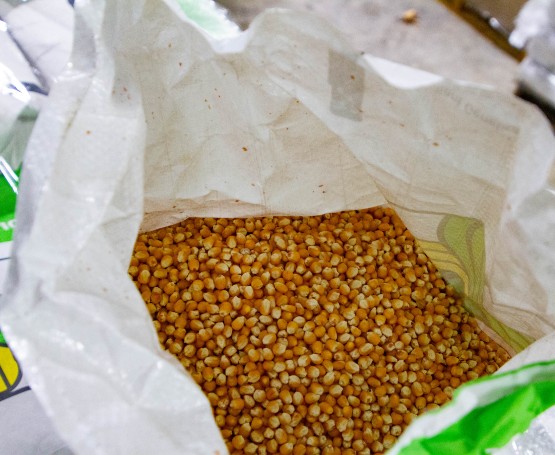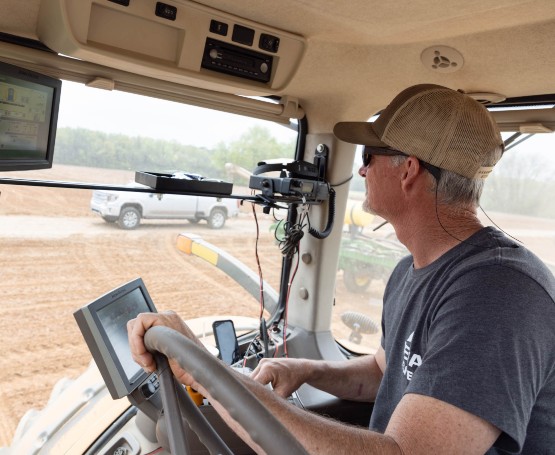
Ag Lines of Credit
Finance daily operations with an Ag LOC designed to fit the way you work.
- Flexible financing for short-term needs
- Take care of common expenses such as seed, feed, fertilizer, chemicals, purchase feeder livestock and more
- Borrow and repay up to your approved credit limit
- Interest accrues only on outstanding balance
Application Process
When applying for livestock financing with BTC Bank, we recommend being prepared to share:
- Some basic information about your current operation.
- Your plans and goals for utilizing the funding.
- Financial background information, which will be considered into the approval process.
For over 100 years, we’ve been proud to support farmers through the most profitable seasons and the toughest challenges. As Missouri's #1 ag bank, we're here to serve our local farmers and agribusinesses throughout the region. We're proud to also serve the next generation of agriculture. Learn more about our FFA SAE & 4H Loans.
